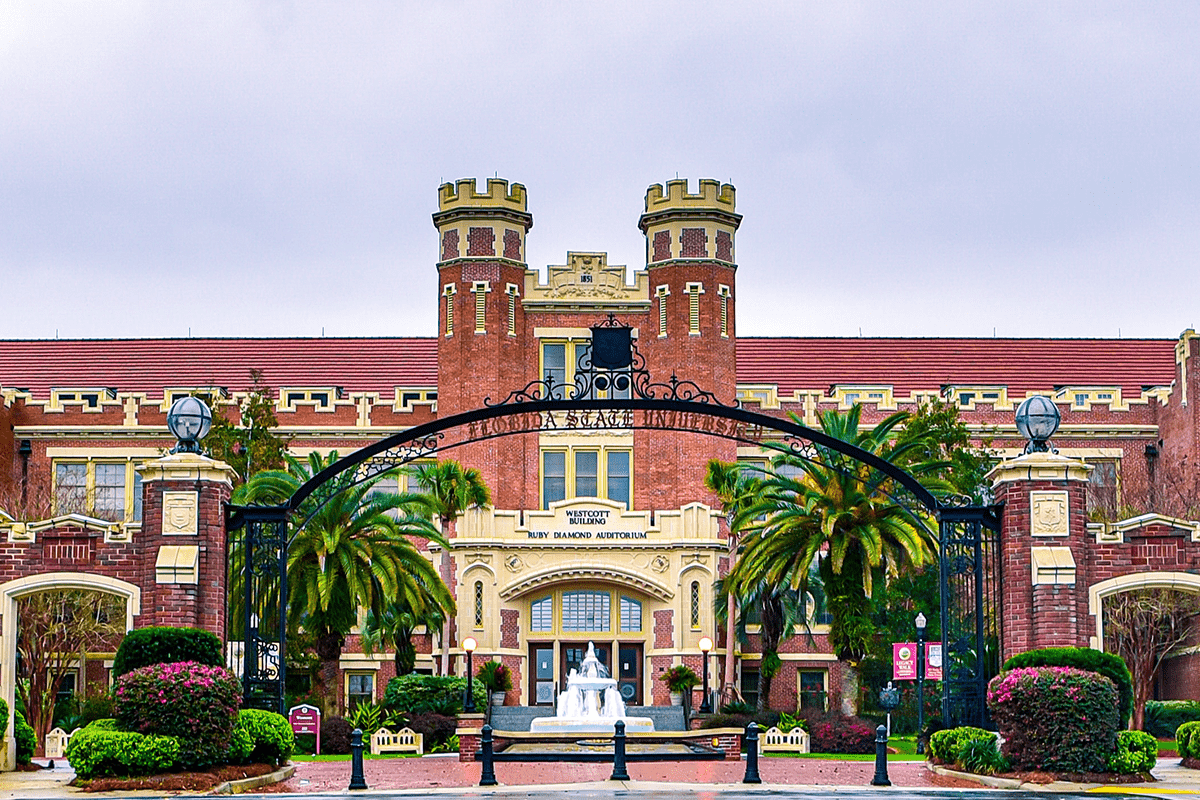Legislation ending DEI, CRT clears first legislative hurdle in House

TALLAHASSEE, Fla. (FLV) – A House committee approved a controversial new education bill that would crack down on critical race theory as well as end Diversity, Equity, and Inclusion, or DEI, programs.
It would prohibit expenditures that promote, support, or maintain any programs or campus activities that support diversity, equity, and inclusion, as well as CRT.
Additionally, the bill, which was filed by Rep. Alex Andrade, R-Pensacola, forbids universities from using diversity, equity, inclusion statements, and CRT filters as part of the hiring process.
The bill also specifically prohibits any federal or state funds from being used to promote programs at universities that include “preferential treatment or special benefits to individuals on the basis of race, color, national origin, sex, disability, or religion.”
The proposed legislation would prohibit majors and minors in subjects including CRT, Gender Studies, and Intersectionality. It is unclear whether the legislation allows higher level classes to teach CRT as an optional theory.
The bill entrusts State university boards of trustees with both hiring full-time university faculty and the power to initiate reviews of any faculty member’s tenure status.
The Board of Governors would periodically review the mission of each constituent university and provide updates or revisions to such mission as needed.
Students and school faculty from across the state of Florida appeared before the committee to voice their opposition to the bill. Many did not hold back and delivered impassioned remarks.
One student majoring in political science and sociology urged the committee to oppose the bill.
“Why is it that under this bill, I will not have the right to select which classes I take with that money? Limiting my choices is government censorship,” she said.
Another student, studying at the University of Florida, urged the committee to reject the proposed legislation.
“Why do you feel that you have the right to ban thought you personally disagree with?” he asked. “It will destroy academic freedom.”
There was one student from Florida State University, however, that expressed her gratitude for the proposed legislation.
“I am happy to see that the conservative students have a voice here in the Florida Legislature,” she said. “Many conservative students like myself are happy to see this legislation moving forward,” she later added.
Rep. Anna Eskamani, D-Orlando, voiced her strong opposition to the bill and called its constitutionality into question.
“We have 60 years of Supreme Court case law forbidding the government from imposing orthodoxy on a collegial environment,” said Eskamani.
Vice-Chairman of the committee, Mike Beltran, R-Riverview, defended the bill from Democrat lawmakers assertions that HB 999 is unconstitutional.
“I haven’t heard one case today that says that the school cannot regulate its general curriculum,” Beltran said.



